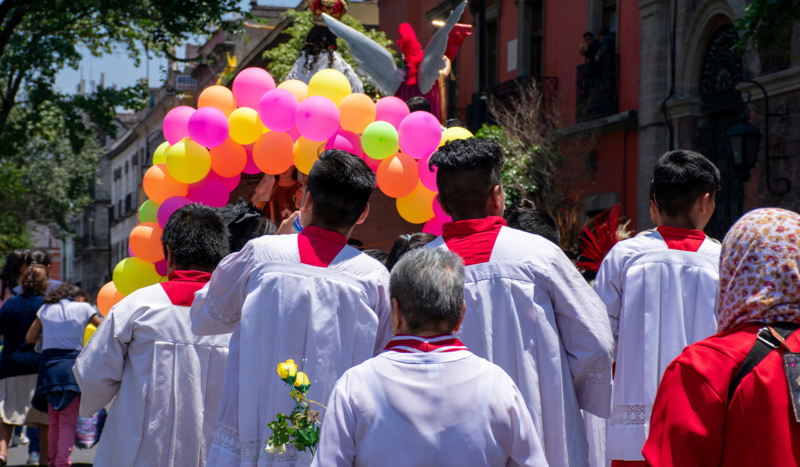
Adobe Stock
CV NEWS FEED // In light of a recent scandal over the supposed approval of a “Mayan rite,” the Mexican Episcopal Conference has clarified that there is “no such thing” as a Mayan rite.
The bishops wrote in a recent statement that the recent adaptations to the Order of the Mass approved by the Dicastery for Divine Worship and the Discipline of the Sacraments consists of only three approved adaptations, according to an unofficial translation.
“There is no such thing as a ‘Mayan Rite’ or a ‘Mayan Mass,’” the statement adds.
The adaptations consist of three optional changes: the ministry of the principal, the ministry of incensation, and assembly prayer moderated by the principal. The adaptations are optional, only apply to specific indigenous communities in Mexico, and do not consist of a new rite.
The bishops stated that the principal is somebody “recognized by the community who collaborates during specific moments of communal prayer as a kind of guide or monitor.”
The principal “act[s] exclusively at the invitation of the priest presiding over the celebration,” and “invite[s] the assembly to pray aloud at certain moments during the celebration.” The bishops wrote that “at no point” would the principal preside over the Eucharist.
The principal only “moderates” assembly prayer insofar as he, under the presiding authority of the priest, “invites the assembly to pray aloud, offering their personal and communal intentions to God.” These prayers may occur at the beginning of Mass, after the greeting, during the prayers of the faithful, or in the prayer of Thanksgiving, after Communion.
“During the prayer of thanksgiving, following communion, this prayer may be accompanied by bodily movement in rhythm with its own music,” the Bishops add. “This is not to be considered a ritual dance but rather rhythmic swaying of the body.”
The bishops wrote that the ministry of incensation “incorporates the traditional use of incense unique to these communities.” Incense can be used at certain points during the liturgy, and the diocesan bishop is responsible for choosing who will administer the incense.
The Bishops note that the adaptations approved none of the following: any “Mayan rite,” ritual dances during the celebration, a Mayan altar, “prayers directed toward the cardinal points,” or “delegation of the liturgical presidency to laypersons.”

